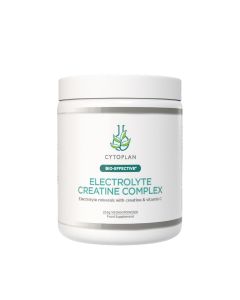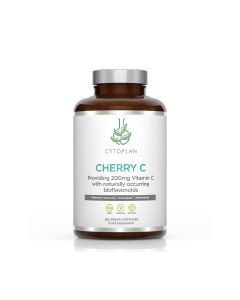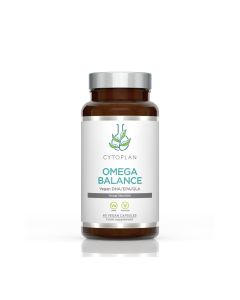I suffer with eczema – what can I do nutritionally to help my symptoms?
Atopic eczema (also known as atopic dermatitis) is a chronic inflammatory skin condition that can affect people of all ages, although most commonly presents in early childhood. Common symptoms can include:
- itching of the skin
- warm, tender skin
- skin that becomes scaly and raw
- burning sensation or pain on the skin
- red bumps on the skin that may weep and crust
- skin that becomes dry, red, or rough
- inflammation of the skin
The exact cause of eczema is not known, but it is thought that skin barrier dysfunction, impaired immunity and inflammation, disturbance of the microbiome, genetics and environmental factors can all contribute to the condition – and therefore therapeutic approaches should focus on these key areas.
Therapeutic Approaches for Eczema
Diet:
An anti-inflammatory diet that is high in vegetables (6-8 portions per day) and good quality fats (nuts, seeds, avocado, oily fish, olive oil). Sugary foods and inflammatory fats such as trans fats, sunflower and corn oils should be avoided.
Several key nutrients have also shown to be therapeutic in eczema:
Essential fatty acids:
- Omega-3 fatty acids, found in foods such as fatty fish, algae, flax seeds and oil, chia seeds, and walnuts may decrease medicators of inflammation and have shown benefits in eczema
- While some omega-6 fatty acids can promote inflammation, gamma-linolenic acid (GLA) appears to reduce inflammation and can be supportive in inflammatory skin conditions. Rich sources of GLA include evening primrose, borage and blackcurrant seed oils.
Vitamins and minerals:
- Vitamin C, found in fresh fruits and vegetables such as red pepper, kale, strawberries, broccoli and kiwi is needed in high concentrations to support healthy skin form and function
- Vitamin D3 is well known for its role in supporting healthy immune function and studies have demonstrated a beneficial effect of vitamin D on eczema. The best way to ensure healthy levels is through exposure to sunlight, but a supplement can be supportive through the autumn/winter period
- Vitamin E is thought to have therapeutic potential in eczema due to its effect on oxidative stress and inflammation
- Zinc plays a number of roles in supporting the health of the skin and many studies have demonstrated benefits in inflammatory skin conditions such as eczema
Consider the gut:
One hypothesis suggests that the increased prevalence of eczema, particularly in industrialised regions may be due to the excessive hygiene that accompanies our modern western lifestyle and reduces exposure of our immune system to a diverse range of microorganisms such as viruses, bacteria and fungi. Our gut microbiome is vital for immune system development and function, and an imbalance of our natural bacteria (dysbiosis) in both the skin and the gut has been linked to conditions such as eczema.
You can support your gut health in a number of ways:
- Diets high in fibre, vegetables, fruits, antioxidants and prebiotics help to create a healthy microbial balance
- Conversely, diets low in fibre, fruits and vegetables and high in sugar, refined carbohydrates, and processed foods can contribute to dysbiosis
- Fermented foods such as kimchi, sauerkraut and fermented vegetables are rich in probiotics (friendly bacteria), which can positively influence the microbiome
- Consider taking a multi-strain probiotic; studies in adults have demonstrated therapeutic effects in eczema
Environmental factors:
Allergens
If you have a genetic predisposition to atopic eczema, then exposure to certain environmental factors may cause the condition to flare up, such as certain allergens, including:
- Pets
- Pollen
- Moulds
- Dust mites
Irritants
These are very specific to the individual in terms of causing eczema to flare up however some of the most common ones include:
- Soaps and shampoos
- Detergents
- Disinfectants
- Wool and synthetic clothing
…so suspected allergens and irritants should be avoided.
Lifestyle
Sleep deprivation and stress are inflammatory and can also have a direct impact on the skin barrier function so steps to promote relaxation and improve sleep can be supportive.







